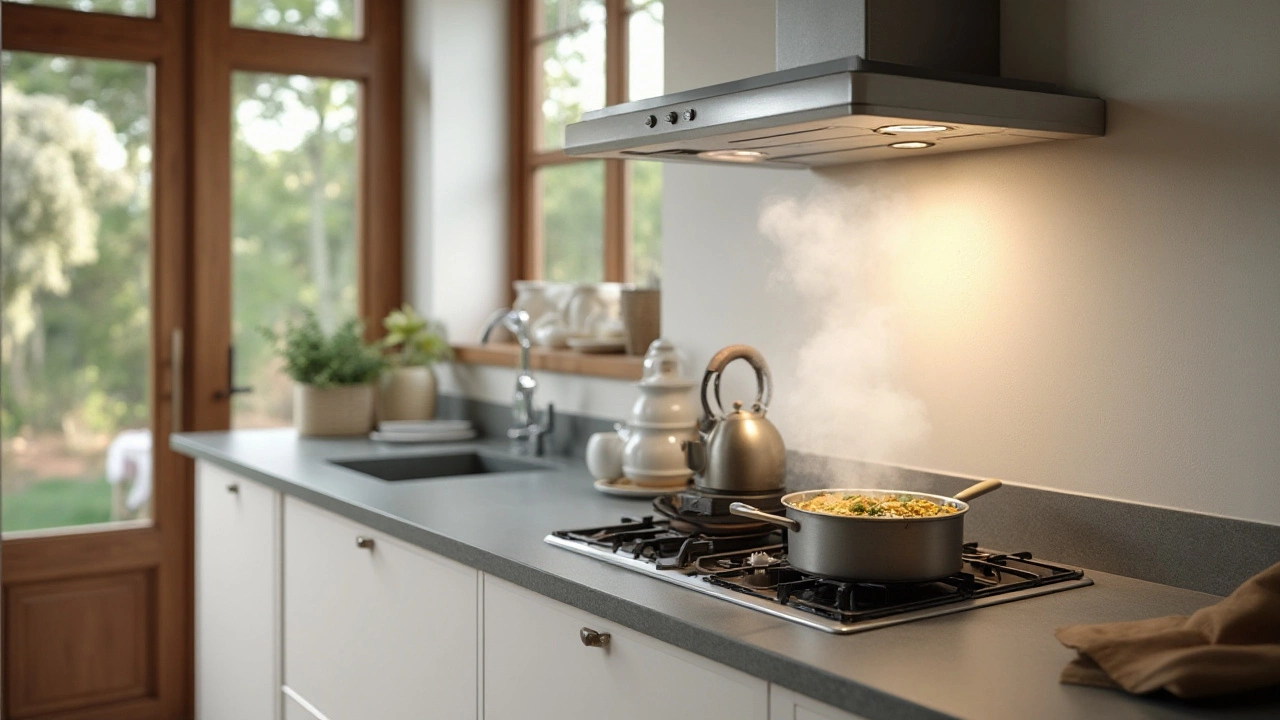Home Renovation: Essential Appliance Repair Tips
Starting a renovation? You’ll soon realize that the little things – like a humming fridge or a sputtering water heater – can stall the whole project. Fixing or maintaining these appliances early saves time, money, and headaches later. Below are the most common issues you’ll bump into and quick ways to handle them.
Why Fix Before You Replace?
People often think a broken oven or a noisy extractor fan means it’s time to buy a brand‑new model. In reality, most faults are simple, inexpensive fixes. Replacing a whole unit when a cheap part is faulty adds unnecessary cost to your renovation budget. For example, a worn anode rod in a water heater can cause corrosion, but swapping the rod usually restores full function for a fraction of the price of a new heater.
Another win‑win is energy efficiency. A well‑maintained fridge compressor runs cooler and uses less electricity, cutting your utility bills after the renovation is done. It also keeps food safe while you’re moving boxes around.
Top Appliance Issues to Watch During Renovation
Water heaters: Look for rust‑colored water, loss of hot water, or a heater that keeps resetting. These signs often point to a failing heating element or a depleted anode. Cleaning the tank and replacing the anode can add years to the heater’s life.
Ovens and cooktops: Uneven heating, strange noises, or error codes usually mean a faulty thermostat or a broken heating element. A quick check of the power supply and a visual inspection of the element can tell you if a simple part swap will do the trick.
Extractor fans: If the fan sounds louder than usual or doesn’t spin, the motor may need cleaning or a new capacitor. Removing the grill, wiping away grease, and checking the motor windings often solves the problem without a full replacement.
Fridge compressors: When the fridge stops cooling, listen for a humming compressor. If it’s silent, the motor may have seized. In many cases, cleaning the condenser coils and ensuring proper airflow restores performance.
Microwaves: A blown fuse or a tripped safety switch are common culprits. Unplug the unit, locate the fuse, and replace it with the same rating. This quick fix can bring the microwave back to life without a service call.
During a renovation, you’ll also be moving appliances around. Securing hoses, checking connections, and confirming that power cords aren’t pinched can prevent new problems from cropping up after the dust settles.
Finally, keep a small toolbox handy. A set of screwdrivers, an adjustable wrench, and a multimeter cover most DIY fixes. If a repair feels beyond your comfort level, call a local professional – they can spot hidden issues and ensure everything complies with safety standards.
By tackling these common faults early, you keep your renovation on schedule and avoid surprise expenses. A well‑maintained home runs smoother, saves energy, and feels more comfortable – all great outcomes for any remodel.

Is It Necessary to Have an Extractor Fan in Your Home?
Extractor fans are often seen as a necessity in the modern home, especially in areas like the kitchen and bathroom. This article explores whether it's truly essential to have one. We'll examine the pros and cons of extractor fans, alternative solutions, and the potential impacts on health and home maintenance. Insights from experts and practical tips will help you make an informed decision about whether to install an extractor fan.